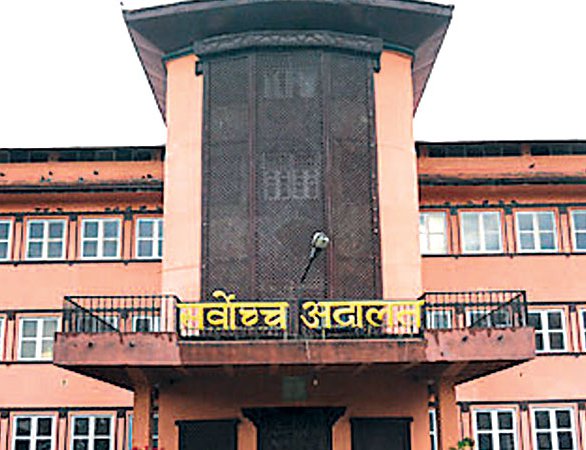
A nation’s strength is built on various pillars, one of them being law. The structure of law, recognition of fundamental rights and similar other concepts are what determines the development of a legal system of the state. However, the ever-changing needs of the society demands for an ever-changing legal system resulting in many forms of law. Codes of law or legal codes are prominently used throughout different jurisdictions. In a civil law system such as Nepal, these codes hold a high degree of importance.
The modern form of criminal codes and civil codes that are widely used in all parts of the world originated in France in 1804 A.D., with the implementation of the French Civil Code, also known as the Napoleonic Code and the French Penal Code of 1810 A.D. Other prominent codes include the German Civil Code (Burgerliches Gestzbuch) of 1900 and the Swiss Civil Code of 1907, which were both influenced by the French Civil code.
Currently in Nepal, the Muluki Ain is regarded as the major law containing both civil and criminal laws and procedural laws for the same. Firstly implemented in 1910 B.S., it was amended various times for various reasons and was finally replaced by the current Muluki Ain 2020 B.S., which saw many amendments too. However, this law will be replaced by the new civil and criminal codes next year. The civil code, civil procedure code, criminal code, criminal procedure code and the Sentencing Act will be effective from 1st Bhadra 2075 marking a stunning change in the Nepalese legal system.
The codes will bring remarkable improvements in Nepalese civil and criminal laws. Criminalization of the Chhaupadi practice and match fixing, a separate sentence hearing, open jail system, introduction of torts in Nepal, introduction of video conferencing in court procedures, provisions regarding private international law are some of these improvements. These codes will also significantly simplify both civil and criminal procedures in courts, which are currently incorporated under a single law. Such new changes will mark a progress in the development of the legal system of Nepal.
However, this does, also pose a threat. With Nepal now moving into federalism, the financial burden upon the government is also ever so high and the implementation of the new codes will further increase this burden. The government will necessarily need to conduct training courses and awareness programs regarding the new codes, meet infrastructural requirements, make guidelines, manuals, bench books and carry out various similar activities. The government must realize the serious challenge that it now faces.
The new codes will not see an effective implementation without a well planned out strategy. The government will need to efficiently use both its financial resources and the external support received. Misusage of resources whether their own or the ones received from other sources will not carry Nepal towards a better future. However, with an effective implementation and resource mobilization strategy and a strong will to improve the Nepalese legal system, the government will be able to bring this sound change in the laws and effectively improve it for the benefit of the people.
Shahrukh Rai is a law graduate from Kathmandu School of Law and is currently working as an Associate in Gandhi and Associates, a corporate law firm in Anamnagar.
















